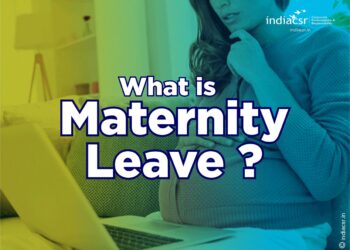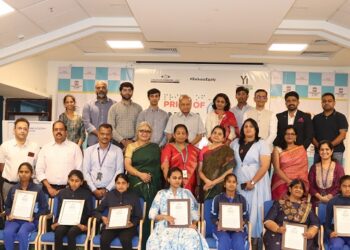The “National Crime Records Bureau (NCRB) compiles and publishes information on crimes including trafficking in its publication “Crime in India” which is available till the year 2019 on the website of NCRB https://ncrb.gov.in.
Police” and “Public Order” are State subjects under the Seventh Schedule to the Constitution of India.
The responsibility to maintain law and order, protection of life and property of the citizens including women and children are with the respective State Governments.
The State governments deal with such offences under the extant laws.
Government has taken a number of initiatives in the light of COVID-19 outbreak and lock down to safeguard intersts of women and children. Institutions such as One Stop Centres (OSCs), Women Help Lines (181), Ujjawala Homes, Swadhar Grehs, Child Care Institutions, Child Line (1098), Emergency Response Support System (112) and various statutory authorities such as those under “The Protection of Women from Domestic Violence Act, 2005‟, “The Dowry Prohibition Act, 1961‟, “The Prohibition of Child Marriage Act, 2006‟ etc. remained operational and available for providing assistance to women during the period. Further, during lockdown, National Commission for Women (NCW) also took measures to assist women facing distress.
Through advisory dated 28.03.2020 and 29.03.2020 issued by National Commission for Protection of Child Rights (NCPCR), all State Governments and UT Administrations were requested to ensure that Child Welfare Police Officers (CWPO) regularly monitor any abandoned children found on the streets within respective police station jurisdictions and also to make arrangements for medical check-up of such children.
The NCPCR undertakes awareness programmes and consultations with stakeholders from time to time for ensuring safety and well being of children.
The Government is implementing the Juvenile Justice (Care and Protection of Children) Act, 2015 (JJ Act) which is the primary law for children in conflict with law and children in need of care and protection (CNCP).
As per Section 2 (14) (ii) of JJ Act, a child who is found working in contravention of labour laws for the time being in force or is found begging, or living on the street, and as per Section 2 (14) (ix) of JJ Act, a child who is found vulnerable and is likely to be inducted into drug abuse or trafficking is a “child in need of care and protection”.
The JJ Act mandates a security net of service delivery structures to provide institutional and non-institutional care to these children.
The primary responsibility of implementation of the Act lies with the State Governments and UT Administrations.
Further, the Ministry of Women and Child Development is implementing “Child Protection Services” (CPS) for care, protection, rehabilitation and reintegration of children in difficult circumstances.
Under CPS, financial assistance is provided to State Governments and UT Administrations for, inter-alia, undertaking a situational analysis of children in difficult circumstances as well as for setting up and maintenance of various types of Child Care Institutions (CCIs).
Ministry of Women and Child Development has advised State Governments and UT Administrations to take immediate action for care and protection of children adversely impacted by COVID 19, in accordance with the provisions of the JJ Act 2015 and Rules thereunder, while leveraging the facilities funded under the Child Protection Services scheme.
The Ministry has also issued advisories and guidelines for encouraging COVID appropriate behavior, monitoring of Child Care Institutions and coping strategies during COVID times for mental health support to children and care givers.
The Protection of Children from Sexual Offences (POCSO) Act, 2012 enacted by Govt of India provides safeguards for children against sexual abuse.
The Act was amended in 2019 to introduce more stringent punishment including death penalty for committing sexual crimes on children, with a view to deter the perpetrators & prevent such crimes against children.
Department of School Education and Literacy, Ministry of Education issued advisory on 04.08.2020 to all State Governments and UT Administrations on preventive measures to combat child trafficking in an effective manner on post lock down situation due to COVID-19 pandemic.
The Minsitry of Labour and Employment is also implementing the National Child Labour Project (NCLP) Scheme for rehabilitation of child labourers. Under the NCLP Scheme, the children in the age group of 9-14 years are rescued/ withdrawn from work and enrolled in the NCLP Special Training Centres to provide bridge education, vocational training, mid-day meal, stipend, health-care etc. before being mainstreamed into formal education system.
Ministry of Labour and Employment also relaxed the norms in respect of functioning of the Special Training Centres and sanctioning of financial grants under the National Child Labour Pproject from April, 2020 to September, 2020 in view of COVID-19 pandemic.
This information was given by the Union Minister for Women and Child Development, Smt. Smriti Zubin Irani, in a written reply in the Lok Sabha.






















